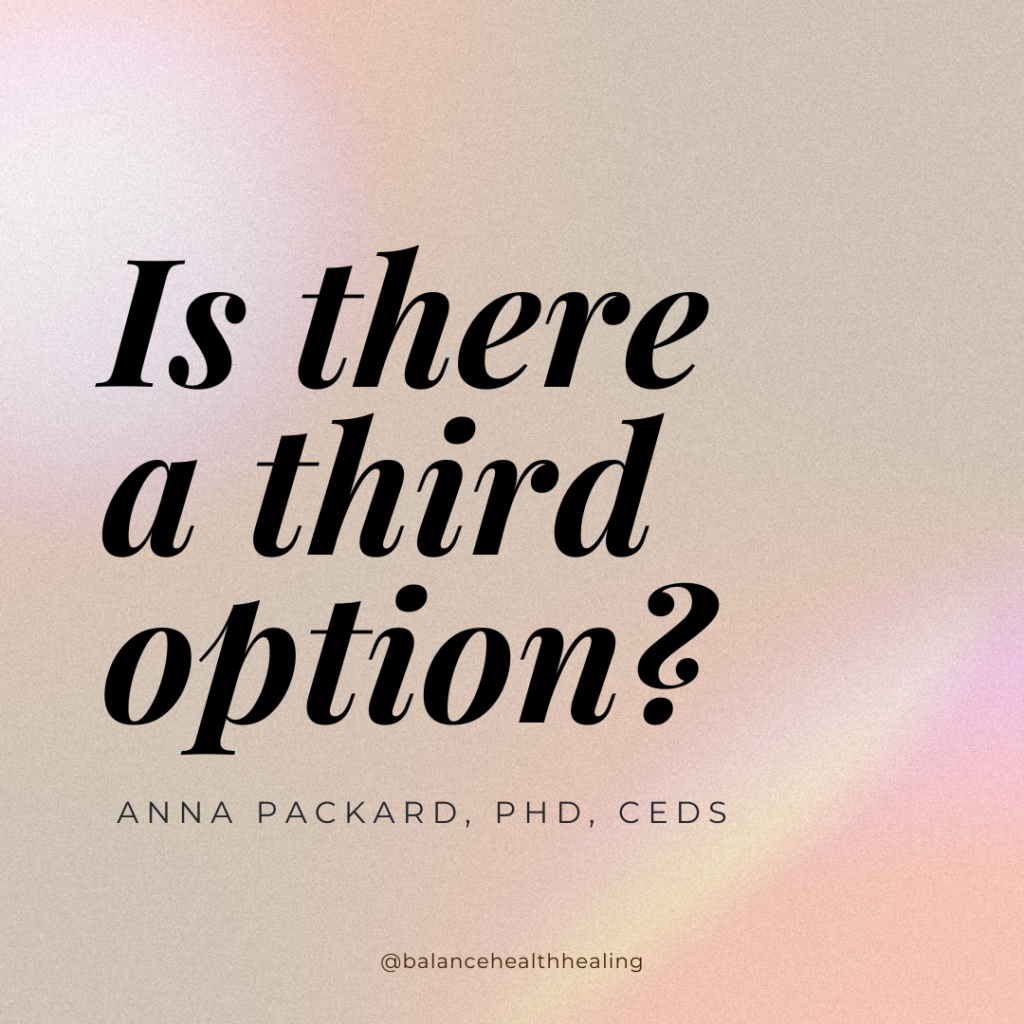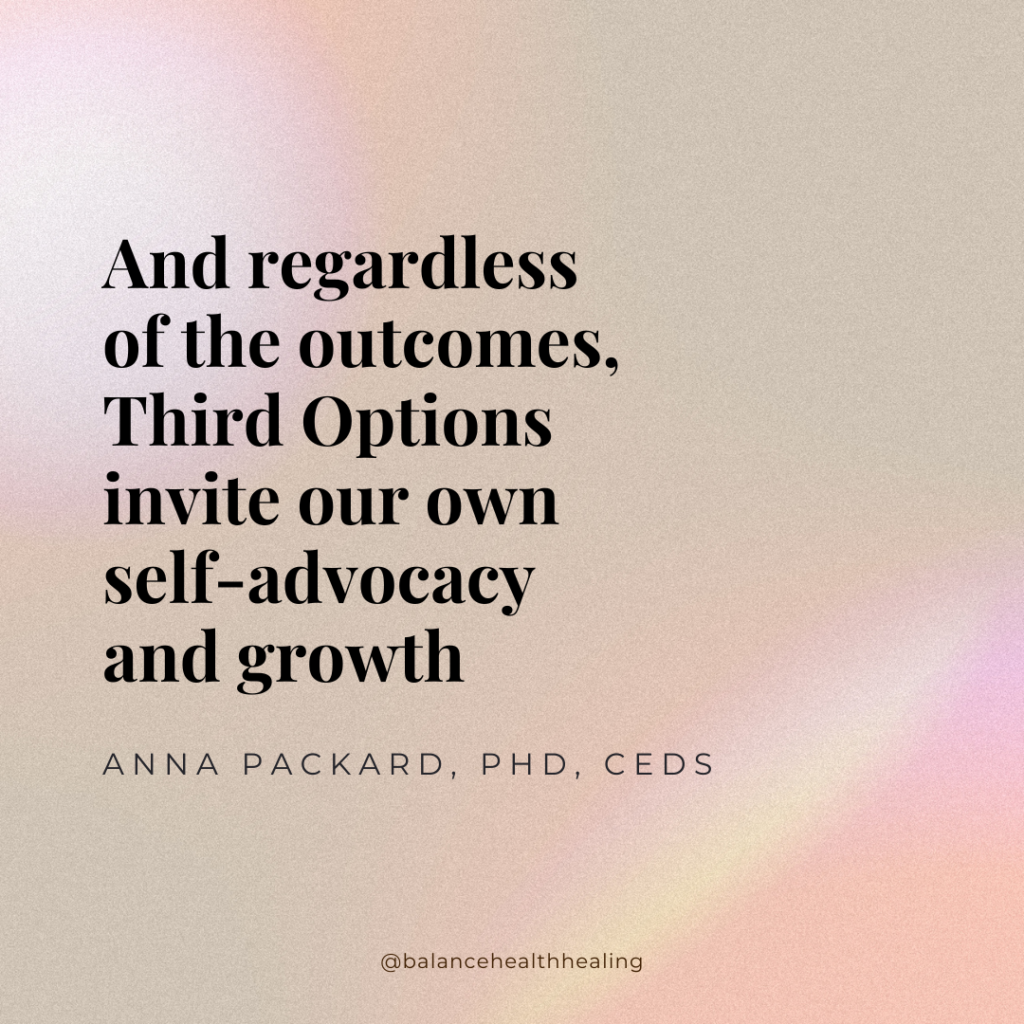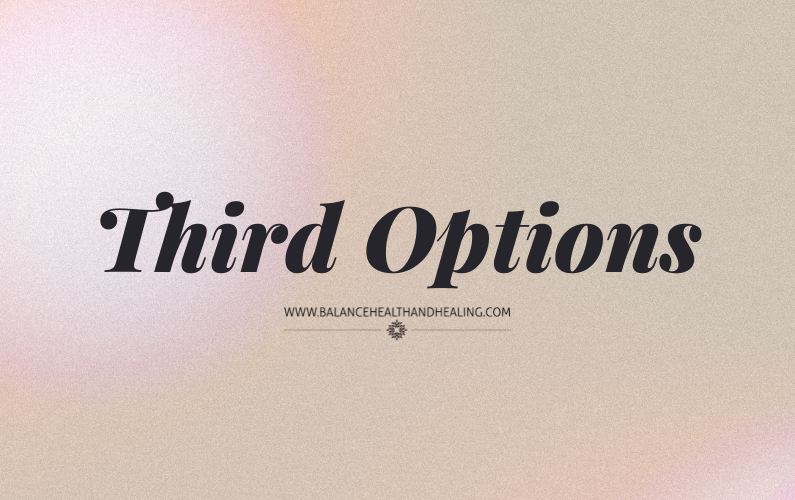Let’s call her “Amy.” Amy had come a long way in reclaiming a healthy relationship with her body. In this place, Amy actively sought for balance with healthy movement and living her life values. She navigated this space well. Until she signed up for a race.
If you are familiar with eating disorders and vulnerability, you might think Amy lost her sense of balance at this point in her journey. You may wonder if her pursuit of a rigorous fitness goal led to a relapse in her eating disorder. Sometimes, this is what happens.
 That is not what happened for Amy. In her ongoing pursuit of balance, living her values, and protecting her recovery, she found herself in a unique situation that was a sharp contrast to her rigid and perfectionistic background.
That is not what happened for Amy. In her ongoing pursuit of balance, living her values, and protecting her recovery, she found herself in a unique situation that was a sharp contrast to her rigid and perfectionistic background.
As race day approached, Amy found herself under-prepared and under-trained. She also found herself actively struggling with some intense body image concerns as she felt her body didn’t look like the runner she aspired to be.
In our session, the week of the race, Amy shared her distress and debated her options. “I can either run the race, feel terrible about my time and performance, and feel disgusting in my body, or I can just skip it.”
As we discussed this situation together, we explored, “Is there a third option?”
Amy’s face broke into a smile, and she exclaimed, “I could start the race, and if I hate it, I can simply stop for coffee and walk the rest of the way!” She loved the idea of simply walking off the racecourse and into a nearby coffee shop if she concluded her body or her mind weren’t up for the task of completing the race.
This third option allowed her to pursue her value around commitment and movement while holding these ideals with flexibility. It also allowed her to challenge her negative body image and show up for herself with compassion in the face of a grueling physical event where comparisons run rampant.
So often, we trap ourselves in dichotomies, black-and-white thinking, and either/or options. These patterns are limiting and rigid. They diminish our ability to pursue our needs and growth with creativity and flexibility.
Asking ourselves about possible “Third Options” allows for expansion. It allows us to pursue what matters to us while releasing the shackles of perfectionism and rigidity. Sometimes we feel if we can’t do something perfectly, it’s not worth doing at all. Third, options are a way to give ourselves permission to be messy, imperfect, and actively choose growth. I’m a big fan of jumping into the growth that really is only found in the messiness of the pursuit of what matters.
Amy ended up finishing her race. She walked a lot of it and had a fun experience. She did not achieve any time goals, but she pursued her values and challenged herself. She felt good about the result and herself in the process.
While not the “point” of third options, I also suspect that, more often than not, when we pursue what matters with compassion and flexibility, we succeed better than we anticipate. And regardless of the outcomes, Third Options invite our own self-advocacy and growth. When faced with a dichotomy where neither option is satisfactory, let’s ask ourselves, “Is there a third option?”

